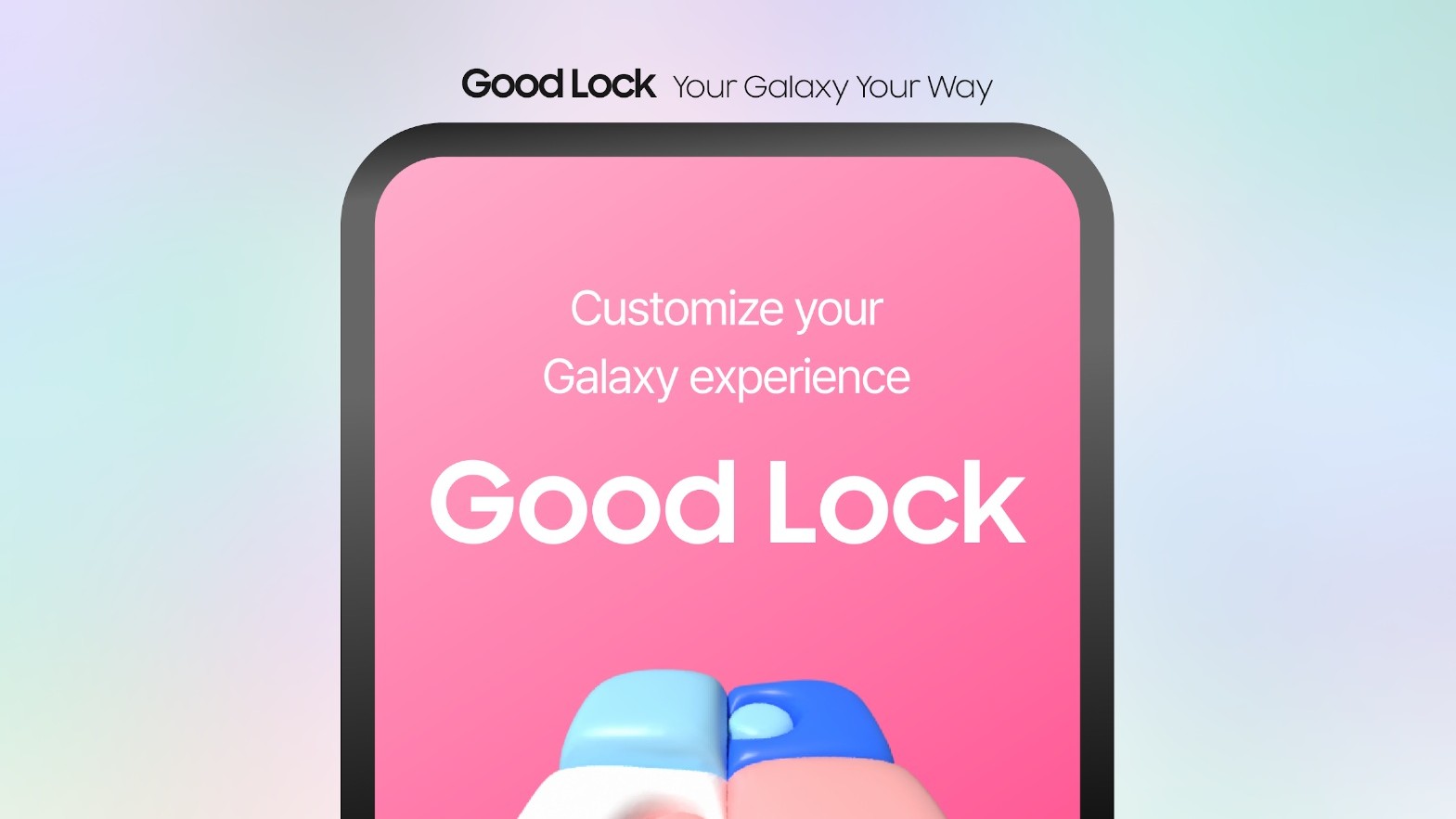Samsung SmartThings and Google are bringing the future smart home into focus
While we hope Matter will solve the smart home dilemma, what it will actually offer is still blurry.
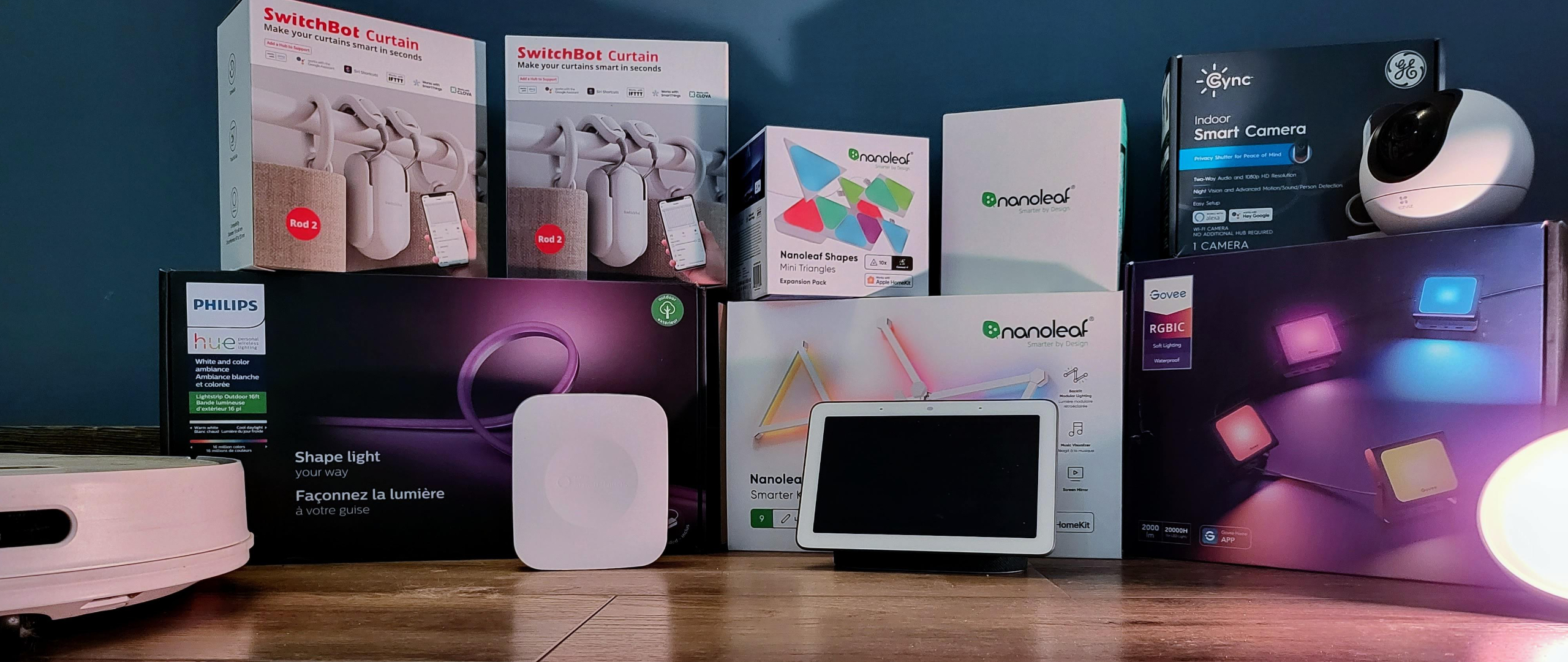
Smart homes aren't a new concept, as we've seen them in movies and TV for decades. However, in the past few years, the ability of the average consumer to incorporate smart devices and automation into their home has picked up the pace. There are various reasons for this, but Samsung's SmartThings has remained a constant for the past ten years — and they intend on continuing that trend into the future.
However, as prolific as SmartThings is in the smart home space, it won't be able to push the category into the next phase alone. Google is another major player in the field and, along with Samsung, is part of developing the new IoT standard known as Matter.
If you're unfamiliar, Matter is a communication protocol that will be available to smart home device manufacturers to allow all Matter-certified products to communicate together regardless of brand. Bringing this new standard to fruition will open up better interoperability amongst devices and brands to allow users to build out their perfect smart home more easily — at least, that's the theory.
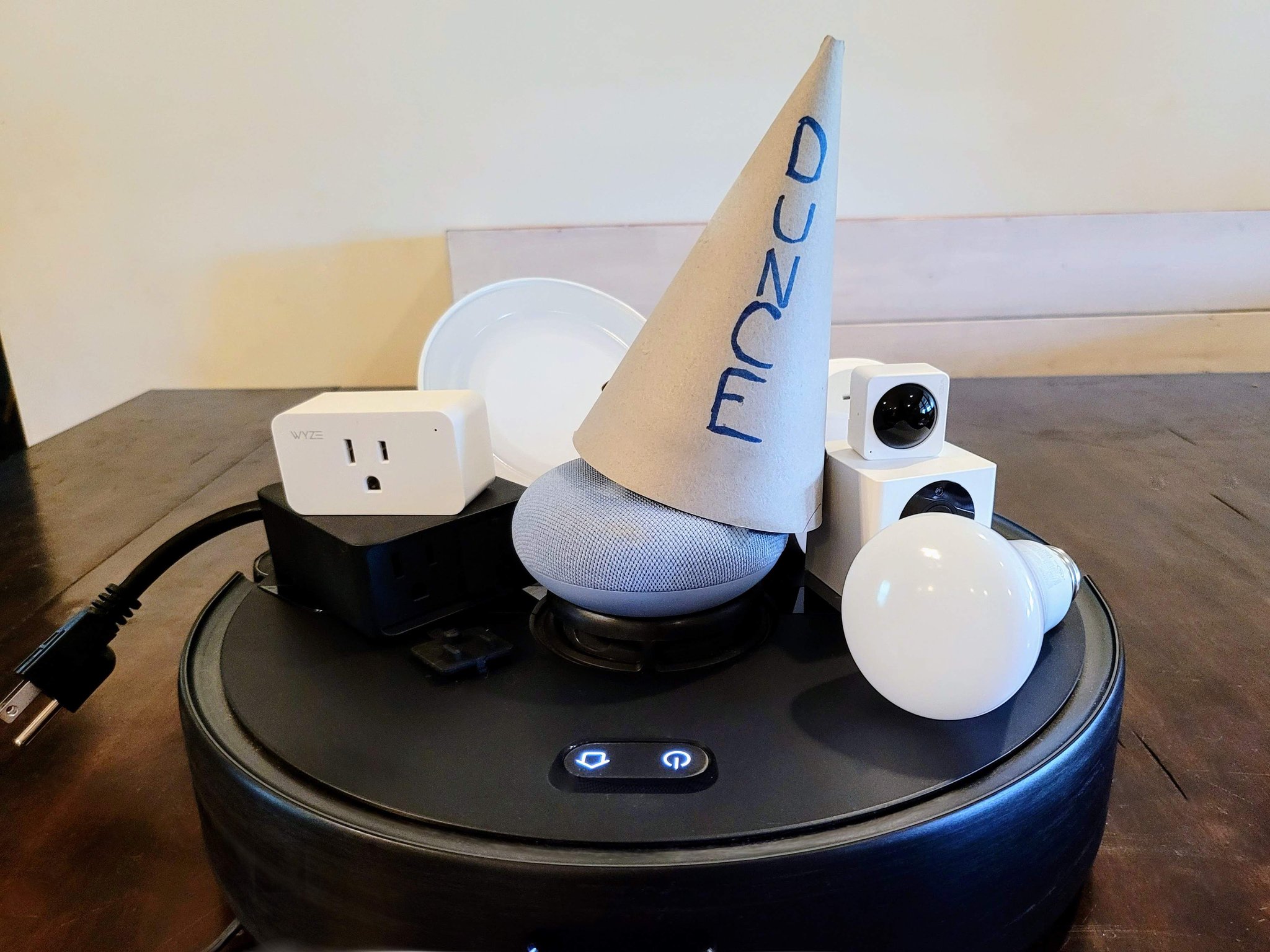
Samsung and Google aren't the only two companies working to develop Matter. There are about 220 members of the Matter Working Group of the Connectivity Standards Alliance, including Amazon, Apple, LG, Ikea, Tesla, and many more. The fact that Matter has so many different brands working together to build a unified standard is a good thing.
The smart home industry has been in need of a unifying standard to make converting to a smart home more accessible — and Matter should be just the ticket.
While we wait for Matter to debut and bring us a better smart home, it's important to remember that the concept of connecting as many smart devices as possible into a single ecosystem isn't new. Since announced as Project CHIP, Connected Home over IP, in 2019 and later changed to the name Matter, the new standard has seen multiple delays. As of now, Matter is due to launch in the fall of 2022.
Samsung SmartThings is celebrating ten years this Spring and has been a haven for smart home enthusiasts since the start. But as the platform matured, it evolved into a place for casual smart home fans as well and, at the same time, maintained its position as a place for advanced users.
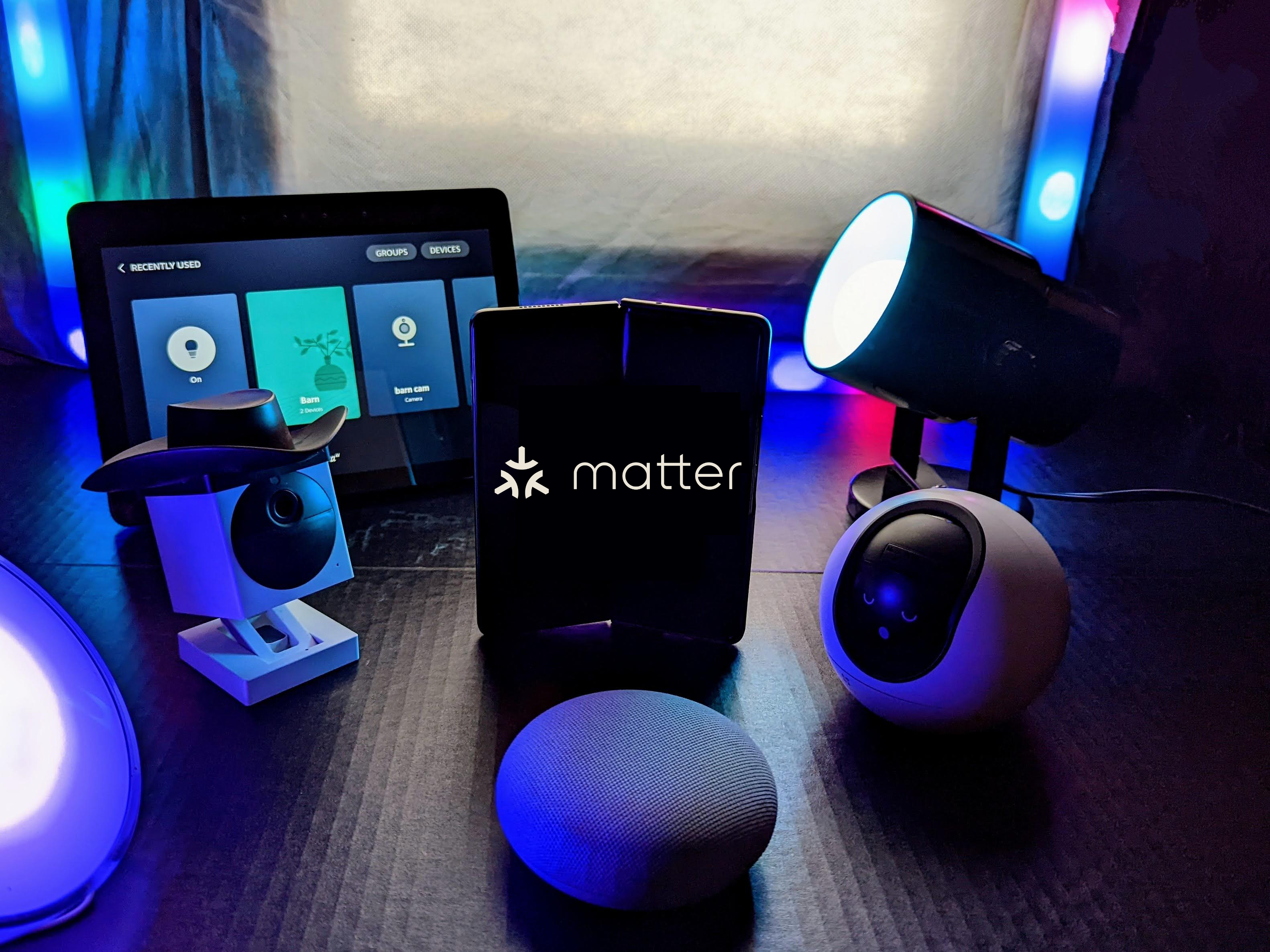
I had the chance to chat with Mark Benson, Head of SmartThings US, about the platform and its future with Matter. When asked how SmartThings has evolved over the past decade, Benson told me that they "started with a hub and a few sensors that were SmartThings branded. And we created this community, and now there are 1000s of different types of devices across hundreds of leading smart home brands that work with SmartThings."
Be an expert in 5 minutes
Get the latest news from Android Central, your trusted companion in the world of Android
Benson went on, saying that this all "was only possible because of all the growth in our ecosystem, the works with SmartThings program that we have that certifies devices to work with SmartThings. We've also evolved the technology platform to be set up for scale. Growth and flexibility for all the different ways the SmartThings platform is used. There's a lot of technology evolution along the way."
For this reason, I began using SmartThings about six years ago because it worked with so many different brands and devices. If for some reason, a device didn't have direct support from the platform, I could almost always get it connected, thanks to the massive community of SmartThings enthusiasts. But it wasn't always a simple process, and that's part of what Matter is hoping to do for the entire smart home ecosystem.
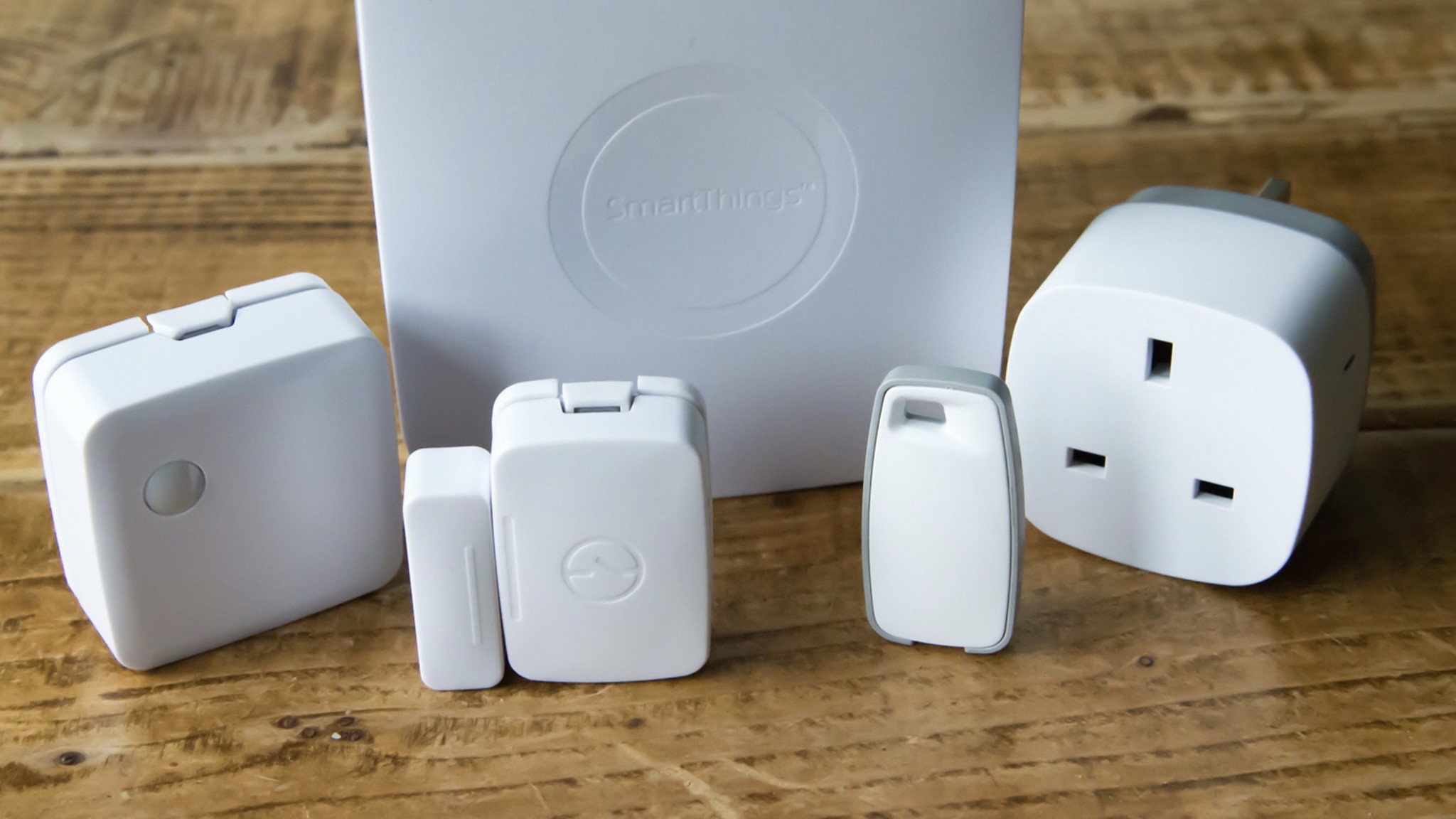
At Google I/O, Android Central got the opportunity to be a part of a roundtable discussion with Kevin Po, Group Product Manager at Google, to hear what Google is doing regarding the smart home and Matter. In that discussion, we discovered that while Matter is poised to bring better communication across various products and brands, it's not going to allow the complete feature set of each device to be accessible on every platform. This is why Google and Samsung are each working on creating tools for developers to help bring those features over.
As one of the Matter partners, Google is already working on tools for developers to bring as many features as possible from their products to Google Home.
On this topic, Po said, "Matter is in a way like like a USB plug into the home. It provides that base level conductivity, but it doesn't provide the intelligence as you strive, and this is where you know as Google, we're developing and building a number of features that really kind of help create that overall product experience."
Po continued by saying, "we're launching the new Developer Center for the Google Home. And so with it, it's really kind of one central place where I, as a developer, if I want to interact with the Google Home, I can come here and learn about all the different integrations, what's possible, and what value you know, as a developer can provide to my users with this platform itself. So we're really excited that this is going to be an end-to-end applicant place and provide a really easy way for your free or for developers to just again learn and develop with the Google Home. Along with that, we'll also be releasing in June Google Home Device SDK, and so with Matter, there's a lot of benefits with Matter around interoperability and choice."
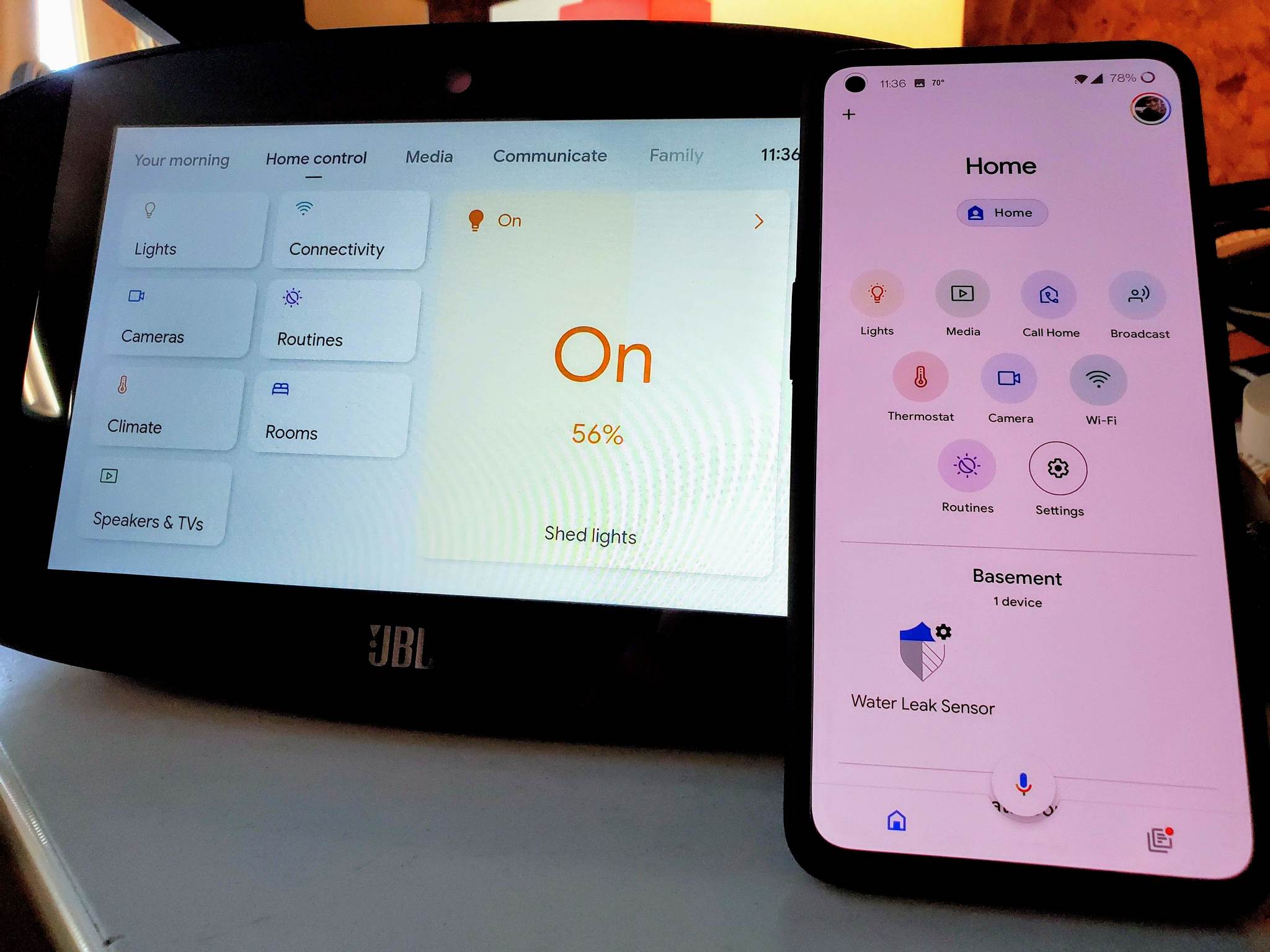
After hearing those words, I and others at Android Central were both happy and sad. We're happy to see that while Matter is still a ways off from its launch, Google is looking at ways to improve on it and help ease the process for developers to bring their products to the Google Home platform. However, it also means that Matter isn't as robust on its own as many may have hoped. It also might lead to a similar situation we are currently in, where there may still be a gulf in interoperability in how devices work across different platforms.
Matter is designed to connect different brands and devices together but still leaves many product features out unless developers adopt platform-specific APIs.
There are already a lot of excellent smart home devices that work with Google Assistant and SmartThings, but it appears that many of the frustrations I have with my smart home will continue. Because unless a device manufacturer and its developers adopt Google's, Samsungs, and others' specific APIs, things may not change as much as we hope they might.
However, with Samsung SmartThings and its legacy of working to incorporate as many devices and brands as possible, it is perhaps positioned to offer the best experience for smart home fans.
I asked Benson how SmartThings differentiates itself from Google Home and Amazon Alexa. Aside from supporting multiple existing communication standards natively, he told me that "the routines that are in SmartThings are very advanced compared to other ecosystems, and the ability to set up routines that do very complex things across diverse brands and categories of devices" is a unique strength of the ecosystem. "It is something that we've invested a lot of time and energy over the last ten years to develop, and it's something that we're continuing to invest in developing more," Benson said.
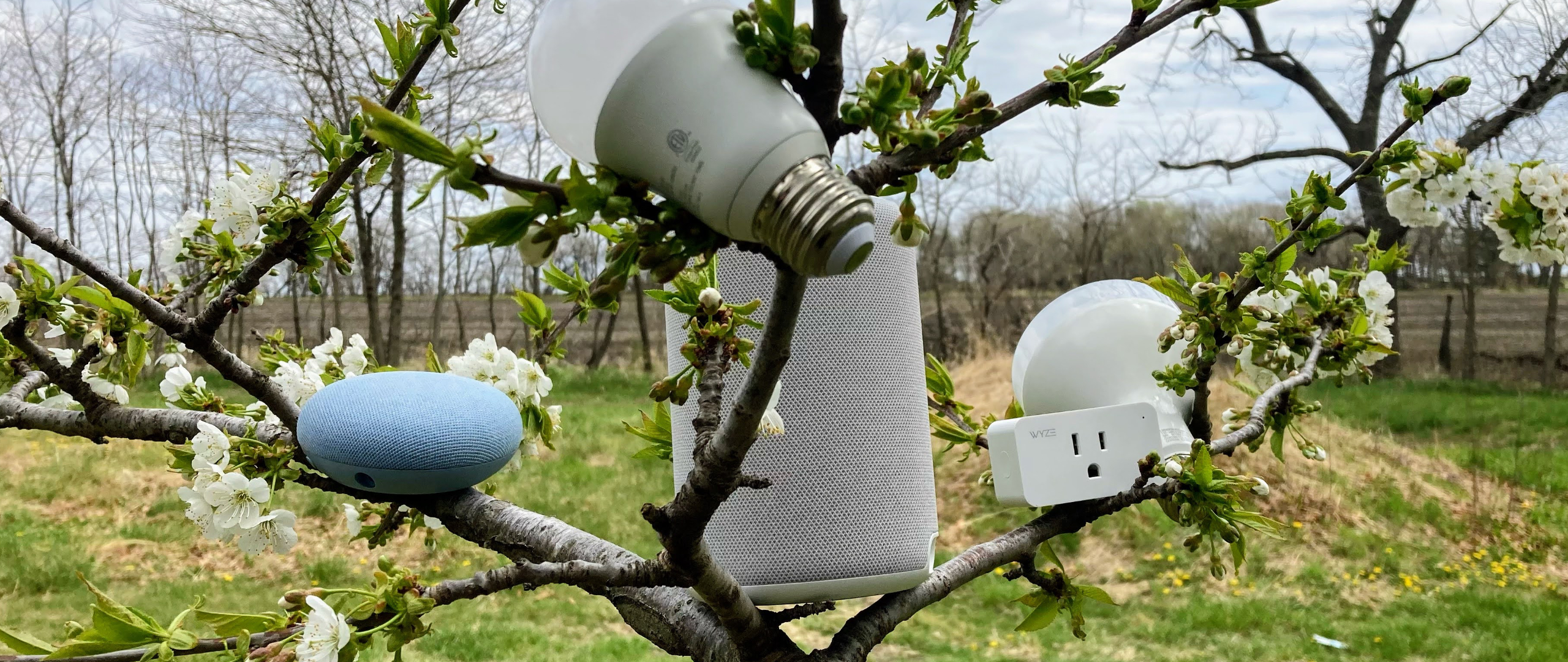
Samsung shifted away from making its own hardware, including its hub and sensors, and is partnering with Aeotec to handle those devices. Instead, it has focused on developing the SmartThings software platform to be even more robust. This doesn't mean that Samsung doesn't still provide a central hub itself. However, instead of making a standalone device, it will incorporate the software into other products, such as TVs and refrigerators that can act as a hub.
With products like TVs and refrigerators becoming more advanced, Samsung can leverage those devices as SmartThings hubs to connect with other smart home products.
Samsung announced last week that it was already beginning the process of ensuring that brands will work seamlessly with SmartThings once Matter launches. It is partnering with various smart home device brands like Nanoleaf, Sengled, and more as part of the Partner Early Access Program to begin testing its products.
While both Google and Samsung are working individually to create the best smart home experiences with Matter in mind, they are also working together to try and bring cohesiveness across platforms. For example, during the "What's new in Google Home" keynote from Google I/O, Google said that it is partnering with Samsung SmartThings, "to ensure that Google Home and SmartThings users can get the best of both worlds with seamless multi-admin sharing. And of course, ensuring developers can build their best Matter experiences on Android."
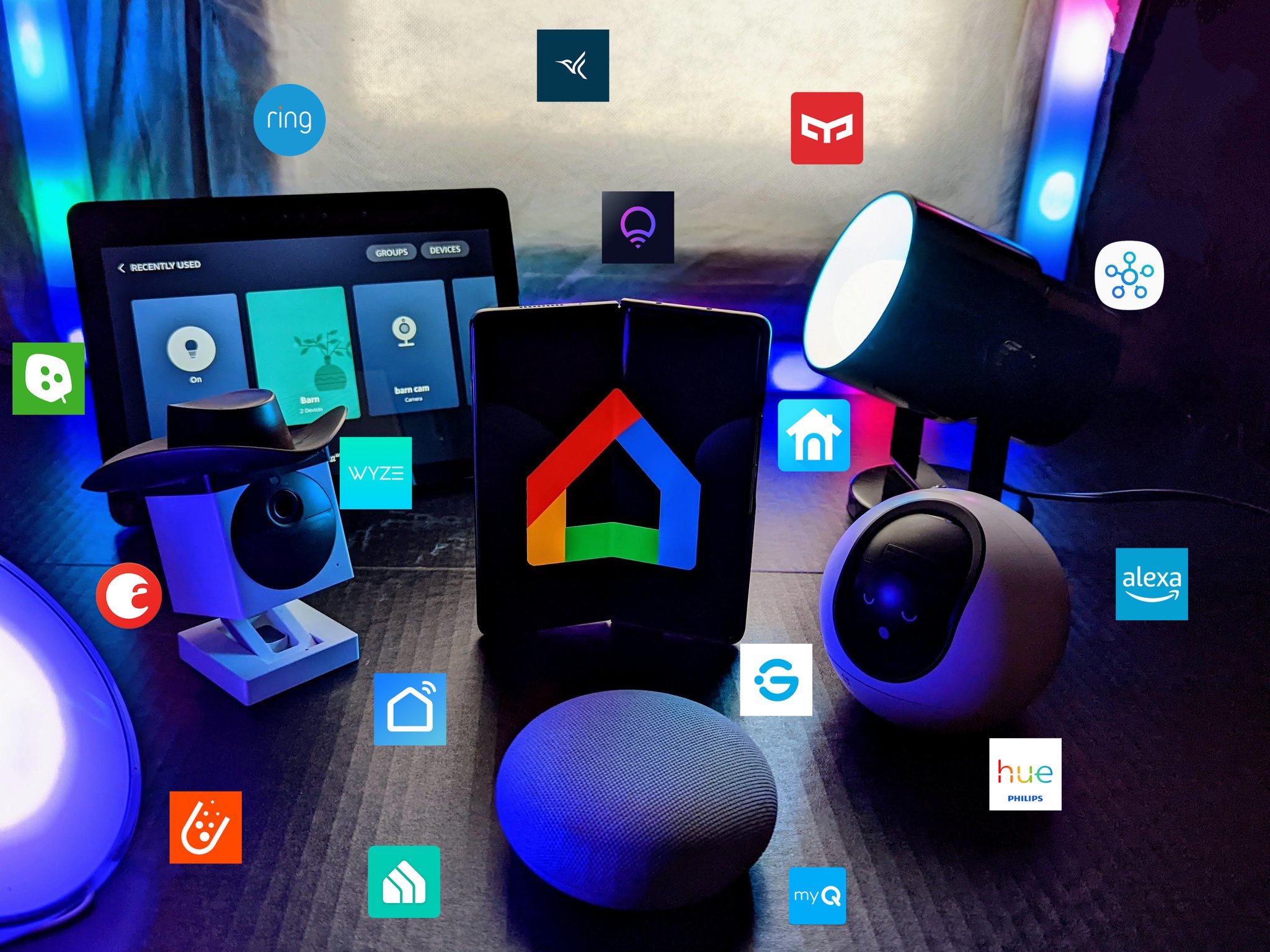
In looking at the future and how SmartThings plans to utilize the interoperability of Matter in the smart home, Benson said, "you know, consumers care about comfort, through thermostat settings, comfort in their home. Lights, locks, cameras, and doorbells are all about peace of mind, safety, and security, as well as. And then, with all that, there's a major opportunity to develop more around things that integrate all those together because those are individual categories. SmartThings Energy is a service that we've launched recently and is really exciting because it takes the devices that you have in your home that are connected to SmartThings, and it gives the user an insight into how much energy is being consumed by those devices."
With so many of the best smart devices constantly seeing so much innovation, it's clear that the smart home will only become more connected. And though Samsung SmartThings and Google are working to enhance the core offerings of the upcoming Matter by supporting as many products and features as possible, I'm afraid I'll still be left using too many apps to get the full feature set from each product. None of this will deter me from continuing with my smart home efforts, and perhaps I'm a glutton for punishment. But at least Samsung and Google seem to be putting in the effort to make it a bit less painful.

